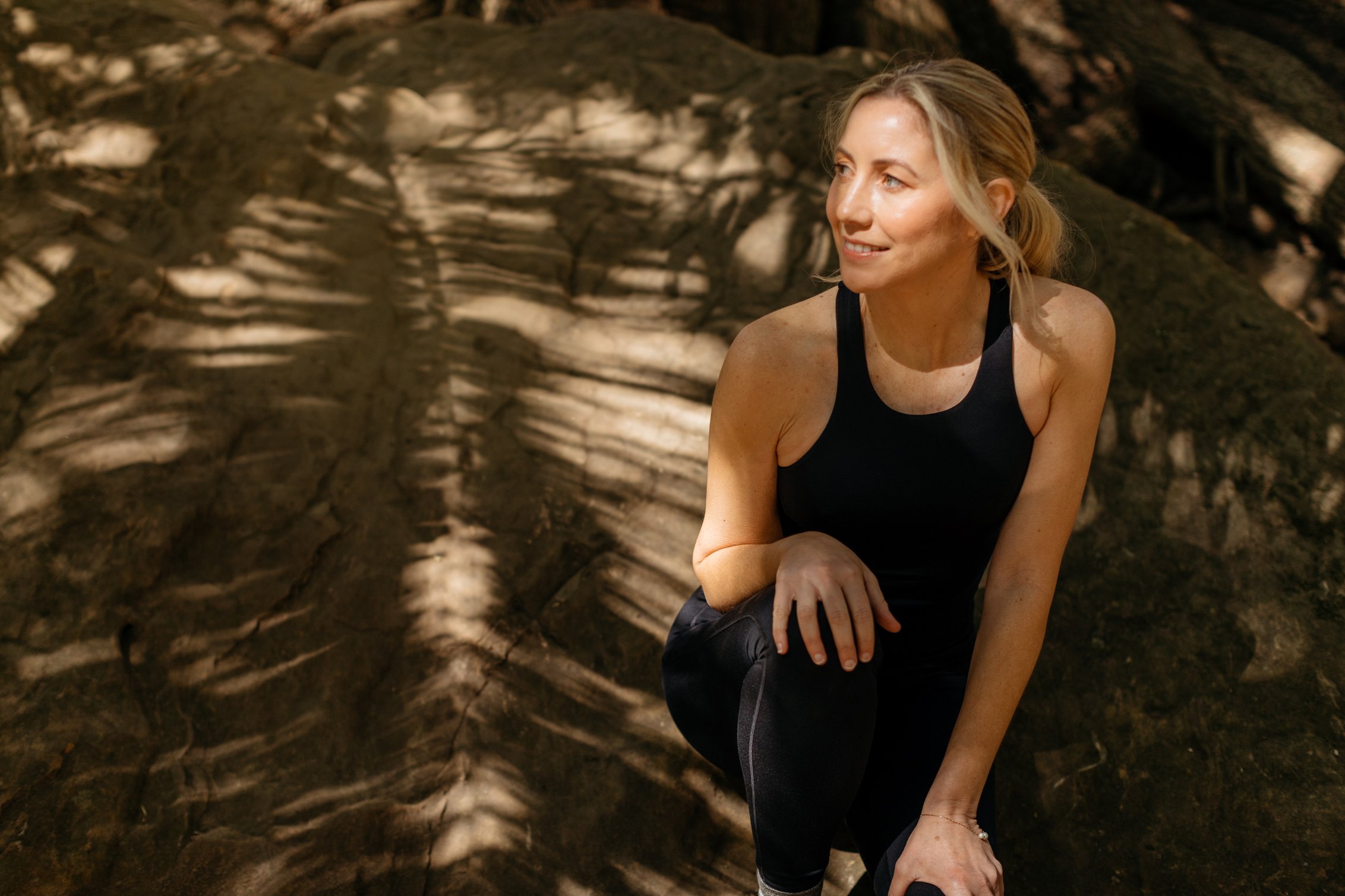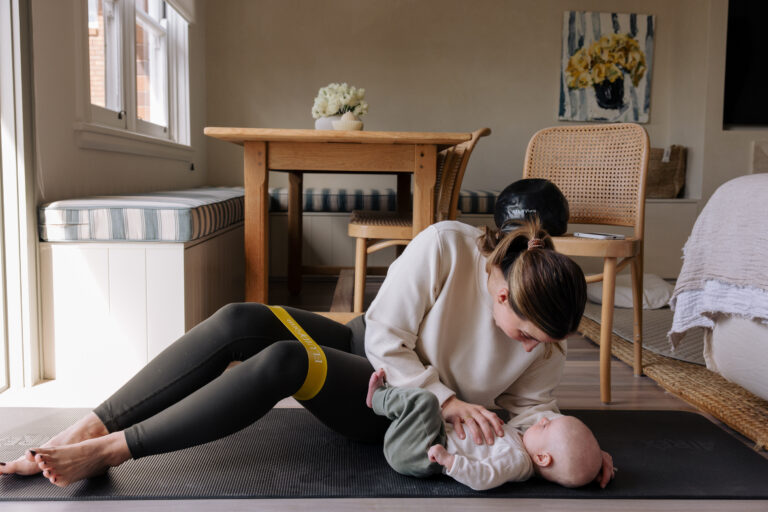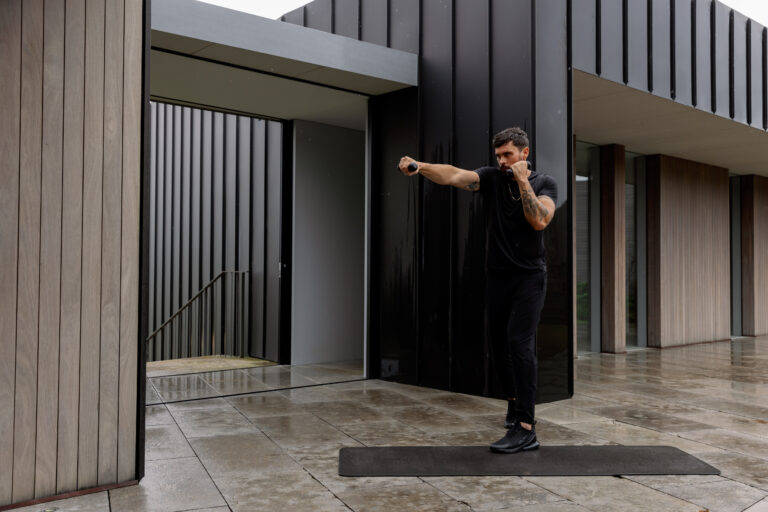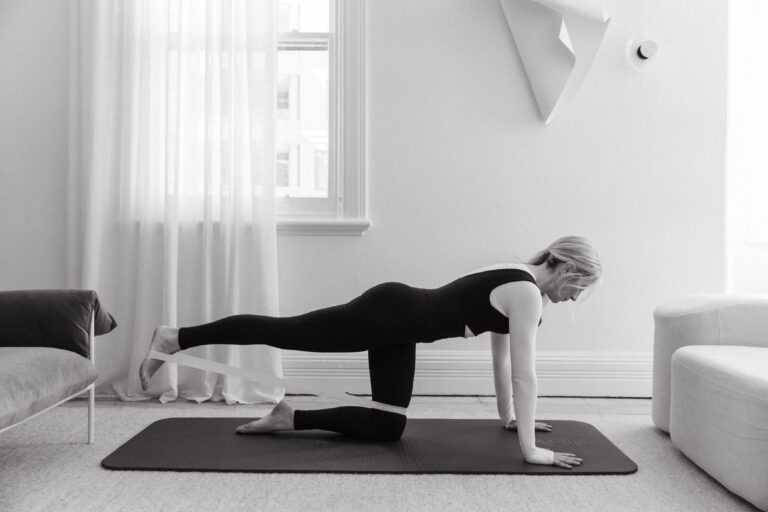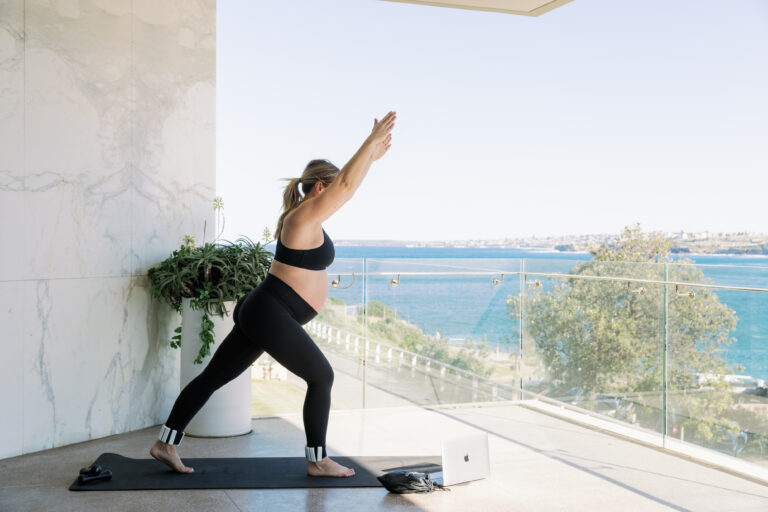By Georgia Hartmann
We know the thought of exercising whilst you’re breastfeeding comes with some nerves, uncertainties and fear. Whether you are an active person or not, you may feel pressured around if and how you should be moving your body. The most important thing is for you to understand the effects of exercising while breastfeeding, and finding movement that feels right for you.
We are here to help!
Did you know?
Exercise reduces postpartum fatigue and depression.
Not only is exercise beneficial whilst breastfeeding, but plays a large role in balancing postpartum weight, improving energy, and reducing feelings of depression.[4] Specific research shows that partaking in 30-minute Pilates classes, five times per week, for eight consecutive weeks can reduce postpartum fatigue and improve sleep quality. [5-6] We also know that resistance-style training increases strength and improves our physical health.[7]
The intensity and duration of exercise matters.
Provided you are maintaining adequate nutrition, moderate to vigorous exercise most days does not negatively affect breast milk composition or volume.[4] Rather, exercise improves the mother’s overall health and sense of wellbeing. The concern occurs when one undergoes intense exercise and does not meet their caloric intake (as seen in extensive fasting) that we see changes in milk proteins, immunoglobulins, lactose, and micronutrients (including zinc, magnesium, and potassium).[8]
Postpartum is a time of nourishment. Focus on nourishing your body with nutrients and moving it in a way that feels energizing over exhausting.
Exercise benefits the preconception period and during pregnancy.
Preconception exercise helps to manage insulin resistance and polycystic ovary syndrome (PCOS), supports healthy weight which affects ovulation and optimizes fertility. Regular exercise during pregnancy prevents and helps to manage preeclampsia and gestational diabetes, has positive effects on labour and birth (including reduced interventions) and is associated with improved neonatal outcomes (including a 31% reduced risk of having a large baby). And of course, exercising postpartum positively influences breastfeeding, energy, mental health and quality of life.[4]
References:
[1] Nguyen, P.T.H., et al. Physical Activity During Pregnancy is Associated with Improved Breastfeeding Outcomes: A Prospective Cohort Study. International Journal of Environmental Research and Public Health, 2019. 16(10). PMID: 31100948.
[2] Australian Bureau of Statistics, 2013. Australian Health Survey: Health Service Usage and Health Related Actions, 2011-12. Retrieved from www.abs.gov.au/ausstats.
[3] World Health Organization. Breastfeeding. 2021. Retrieved from www.who.int/health-topics/breastfeeding.
[4] Harrison, C.L., et al. The Role of Physical Activity in Preconception, Pregnancy and Postpartum Health. Seminars in Reproductive Medicine, 2016. 34(2). PMID: 27169984.
[5] Ashrafinia, F., et al. Effect of Pilates exercises on postpartum maternal fatigue. Singapore Medical Journal, 2015. 56(3). PMID: 25820848.
[6] Ashrafinia, F., et al. The effects of Pilates exercise on sleep quality in postpartum women. Journal of Bodywork and Movement Therapies, 2014. 18(2). PMID: 24725785.
[7] LeCheminant, J.D., et al. Effect of resistance training on body composition, self-efficacy, depression, and activity in postpartum women. Scandinavian Journal of Medicine and Science in Sports, 2014. 24(2). PMID: 22738284.
[8] Lee, S., et al. Biological underpinnings of breastfeeding challenges: the role of genetics, diet, and environment on lactation physiology.American Journal of Physiology, Endocrinology and Metabolism, 2016. 311(2). PMID: 27354238.
About the author:
Georgia Hartmann
Naturopath, Nutritionist & Women’s Health Expert
Having been diagnosed with Premature Ovarian Failure two years prior to conceiving her first child naturally, Georgia’s passion lies within helping women overcome their hormonal imbalances through the blend of conventional and complementary medicine. For additional support, you can contact Georgia via:
